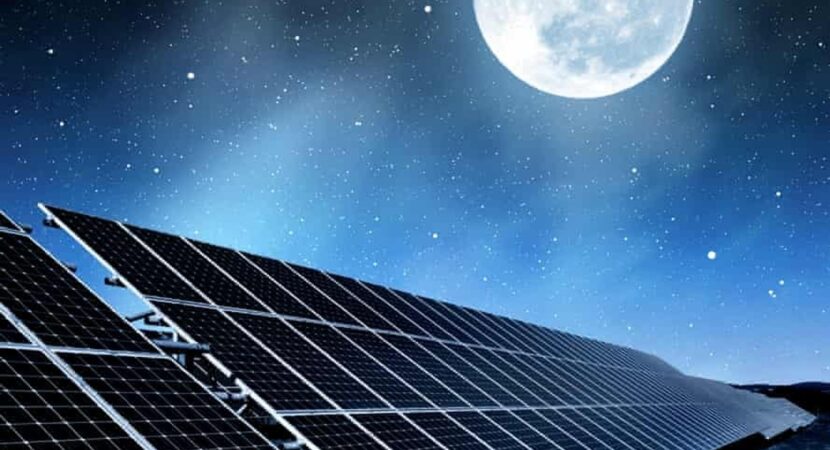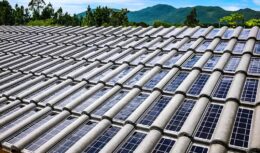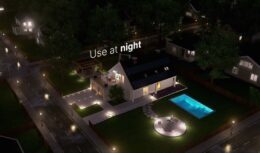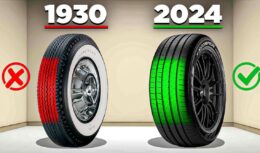
Scientists at Stanford University, in the United States, have developed a solar panel that uses the temperature difference during the night to generate energy.
Scientists have discovered that it is possible to generate energy through solar panels and with the help of a photovoltaic cell during the night through the difference in temperature at dawn, when the air is colder. The research was carried out by scientists at Stanford University, in the United States.
Basically, the solar energy it is generated when the sun's energy is radiated to a solar panel with a lower temperature. Subsequently, the panel's solar cells, made with layers of an energy semiconductor material that generate a flow of electricity.
Solar panel differential developed by Stanford scientists
What differs from the solar panel created by the Stanford scientists is the presence of a device capable of incorporating a thermoelectric generator that extracts electricity from the difference in temperature between the environment and the panel's photovoltaic cell.
Sid Assawaworrarit, lead author of the study, explains that the approach can provide lighting and renewable energy from night stations, for home or off-grid applications, in places where solar cell installations are gaining more popularity.
According to Tecmundo, not much energy is produced through these solar panels during the night, but it is enough to charge an LED light or a cell phone. Although it seems little when compared to the easy access to electricity, the scientists reinforced in the research summary that in remote areas the panels can be very useful, as they provide a renewable source of electricity outside the traditional distribution grid. During laboratory tests, scientists were able to generate a power of 50 mV/m².
“In many rural areas that need independent electricity generation systems, the supply of energy during the night usually requires the installation of batteries for storage, adding complexity to the device and making the entire production more expensive”, adds Sid.
Advantages of solar panel
The solar panels developed by the scientists also have the advantage of eliminating the need to store energy in batteries in off-grid locations.
The team of Stanford scientists told New Scientist magazine that the solar panel configuration can still be improved to generate more energy and that there are no intrinsic difficulties in scaling the system into a commercial product.
Sid ends by informing that due to the long useful life of thermoelectric generators, the configuration of solar panels may have a lower maintenance cost when compared to conventional storage devices. In addition, solar panels can be used for night lighting, the scientists' system can also power sensors in remote locations, reducing the size or eliminating the need for batteries.
Scientists develop molecule that can store solar energy for up to 18 years
Scientists at the Swedish Chalmers University of Technology have developed a solar energy storage system that can store electricity for years using a liquid containing hydrogen, carbon and nitrogen.
A group of scientists from the University of Technology Swedish Chalmers has been developing solutions to the solar energy storage problem for about 10 years. Scientists have developed a liquid, which when exposed to light, manages to change its molecular structure, remaining in that state for years. Therefore, it is possible to store electrical energy at any time through simple reactions, making the development promising to power a wide range of devices. To learn more, check out this article in full by clicking here.











Army summons Brazilians with up to…
Come be a watermelon, you too
Air Force F-16 fighters…
Everything is fine, 100-year secrecy,…
Air Force F-16 fighters…
Well... It's flying scrap... Typical...
Air Force F-16 fighters…
Which genocide are you talking about? Than…
Brazil begins an ambitious journey…
Very poor project with the final station…
Even here there are idolatrous cattle, the...
In fact, the future is fusion…
Good morning friends, in this little-informed matter…
When popped on a roof, when absolved and transformed…
They really are money-sucking rats…
Corolla best car I've ever had!
I want to subscribe
How much?